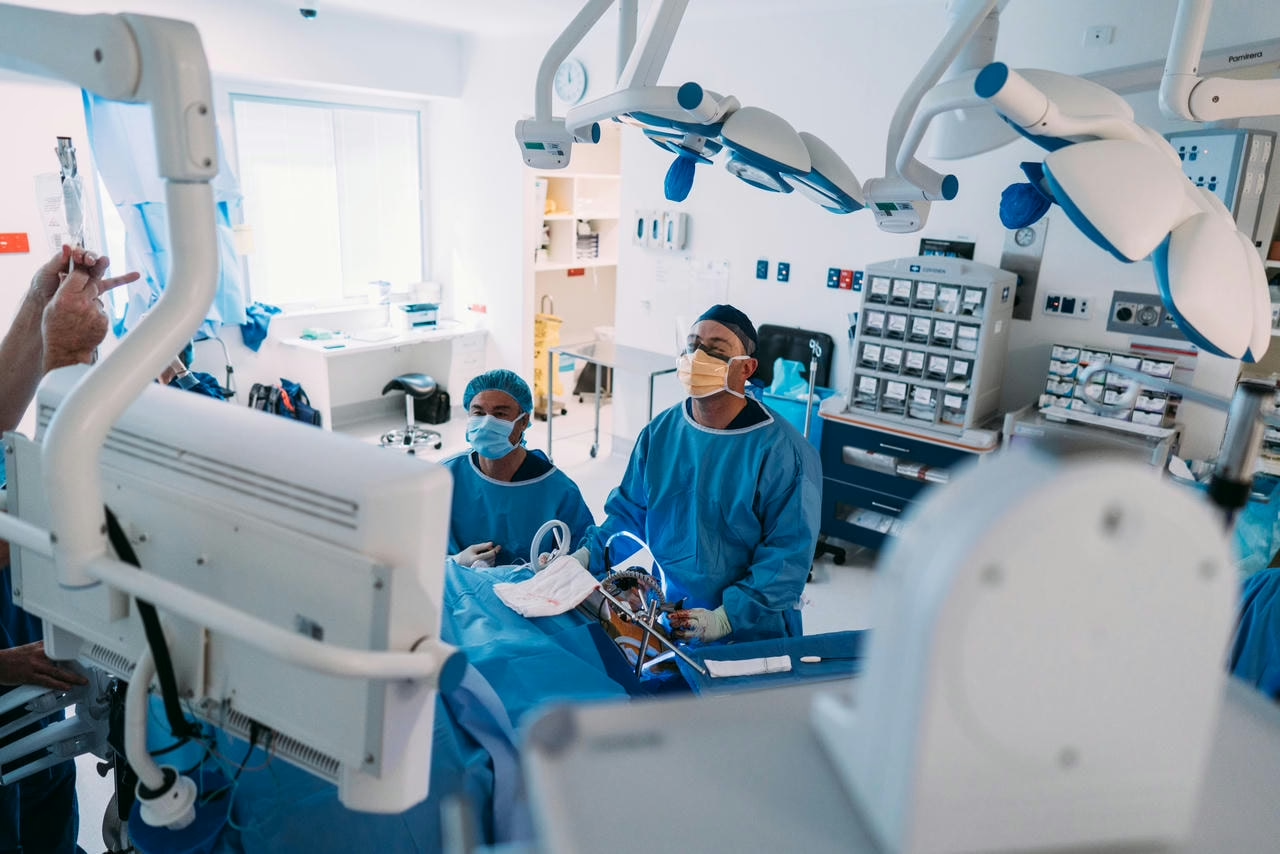Why Choose Sydney Bariatric Clinic for Your Weight Loss Journey?
Embarking on a weight loss journey is a significant decision, and choosing the right clinic is paramount. At Sydney Bariatric Clinic, we are dedicated to providing world-class care, built on expertise, empathy, and proven results.
Here’s why patients trust us:
Is Weight Loss Surgery Right for You?
Weight loss surgery, also known as bariatric surgery, is a powerful tool for achieving significant and lasting weight loss when other methods haven’t been successful. It’s a life-changing decision that can resolve many obesity-related health conditions and dramatically improve your overall well-being.
Who Can Benefit?
Bariatric surgery is typically considered for individuals who:
The Benefits You Can Expect:
Beyond remarkable weight loss, our patients often experience:
Common Surgical Options We Offer:
A procedure that reduces the size of your stomach, helping you feel full faster and eat less. It’s highly effective for significant and sustained weight loss.
A more complex procedure that re-routes your digestive system, leading to both reduced food intake and decreased calorie absorption. This is often recommended for severe obesity and related conditions.

Your Comprehensive Journey Towards a Healthier Future
At Sydney Bariatric Clinic, we believe successful weight loss is a journey, not just a surgery. Our unique multidisciplinary approach ensures you receive unparalleled support before, during, and long after your procedure.
